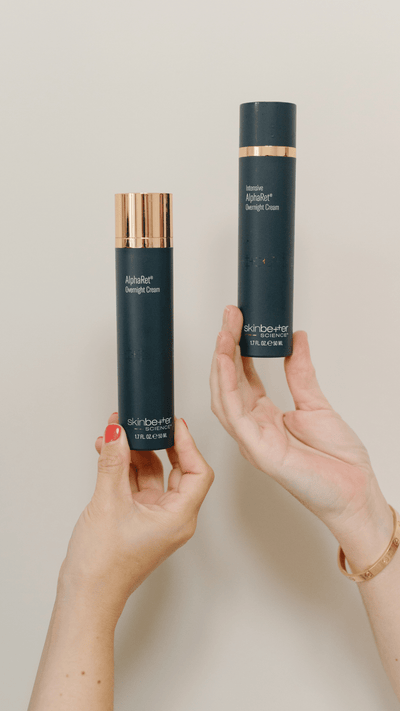
Nutrition for (breastfeeding) mothers

It can be challenging enough having a baby, let alone eating well too, and even more so with an active toddler in the day time! However, making sure that you are eating well help your energy levels to cope with the demands of motherhood. Each day you breastfeed you need approximately 400-500 extra calories.

My top tips for optimising your nutrition after a baby are:
- Batch cooking can be a good way of filling your fridge and freezer with lots of nutritious meals that are ready to reheat and takes some of the pressure off from cooking every day.
- Vitamin D is vital for optimal functioning of 20% of our genes. Many people can’t make enough from sunshine alone all year around so consider a supplement like the Better You vitamin D spray https://betteryou.com/dlux1000?aff=177
- Smoothies can also be a great way of getting calories and nutrients in quickly, and are better than juices, as they contain more of the soluble and insoluble fibre which is so good your gut.
- Eat wholegrain foods such as brown pasta, bread and rice, which are better for your sugar profile and also contain more fibre.
- Eat at least 5 portions of fruit and vegetables per day.
- Aim for a fibre intake of 30g (especially important immediately after giving birth when going to the toilet can be tricky); try to enrich your diet with extra dried fruit, lentils, and beans.
- Check you are eating foods rich in calcium in your diet, either dairy products, or non-dairy such as tofu, pulses, dried fruit, and fish that have edible bones, such as sardines, or tinned salmon are a great source of calcium. If you need to exclude diary because your baby has Cow’s Milk Protein Allergy (CMPA), ensuring you get enough calcium is particularly important. When you choose a plant based milk, ensure that it meets your nutritional needs. I’ve written a blog https://healthyeatingdr.com/2020/01/06/plant-based-milks/ about how to choose a plant based milk, and the nutrients in each of the main ones found in the supermarkets.
- Another important micronutrient is iodine, which until recently has been largely thought to be sufficient in our diets. However, recent research has raised concerns that pregnant and breastfeeding women are at risk of deficiency. People following a vegan diet are at risk of iodine deficiency, as dairy products and fish are iodine rich foods. If you are excluding dairy from your diet, choose a plant based milk alternative that is fortified with iodine (see my blog) https://healthyeatingdr.com/2020/01/06/plant-based-milks/
- For your thyroid gland to work properly, you need enough selenium in your diet. Selenium deficiency can lead to fatigue. Breastfeeding mothers and pregnant women need the highest levels of 60 -70mcg per day. Foods rich in selenium are meat (organs more than muscles), eggs and whole grains, fish, but brazil nuts have a huge amount compared with other foods, with just one nut providing your daily requirement of selenium.
- Healthy mono-unsaturated fats such as those found in avocados, nuts and extra virgin olive oil are important for health and energy. Have a handful of mixed nuts per day.
- Drink plenty of fluids – avoid sugary drinks and caffeine, instead choose water. To make water more interesting try adding herbs like verbena or slithers of vegetables such as cucumber.
- Ensure your diet is rich in Omega 3 from seeds, nuts, seaweed and oily fish and consider taking a high quality supplement.
- Have healthy snacks to hand while you are breastfeeding.

Follow me @healthyeatingdr for more evidence based nutrition facts and see my website for more information about me and the services I offer www.healthyeatingdr.com.



